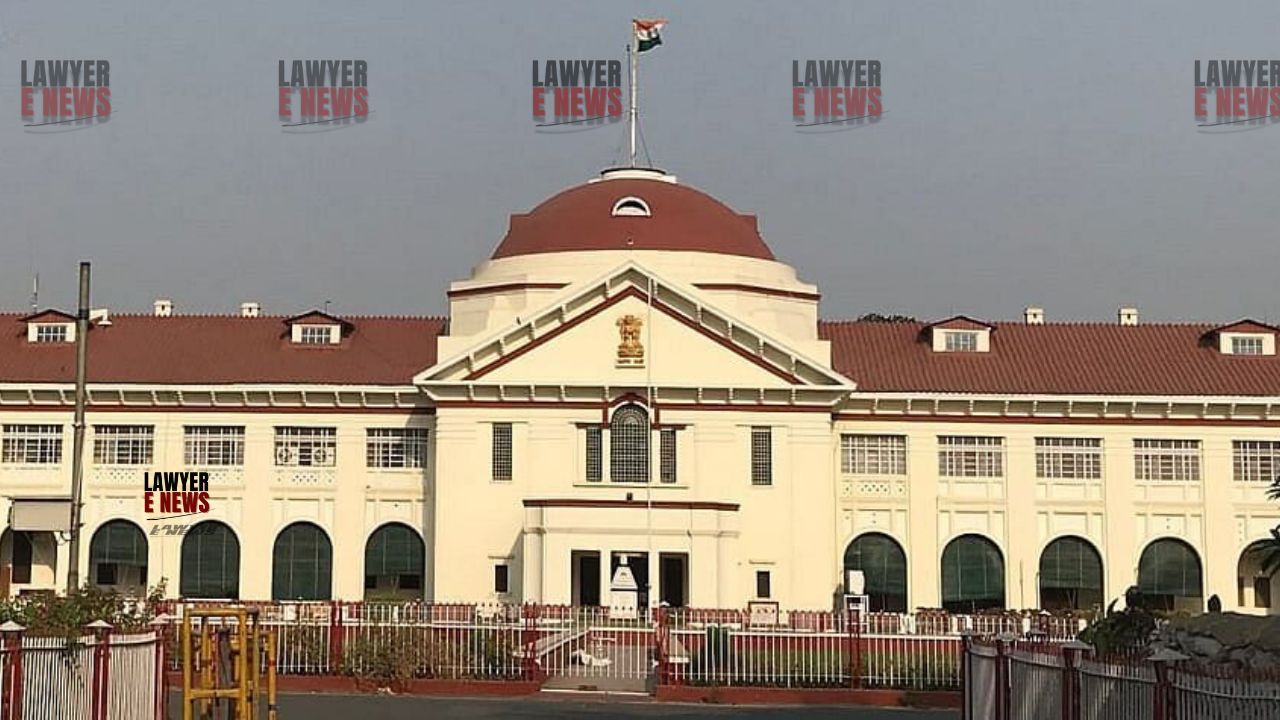-
by Admin
15 February 2026 5:35 AM



Patna High Court granted bail to petitioner Sani Yadav in Criminal Miscellaneous No. 64015 of 2021, arising from NCB Case No. 10 of 2021, concerning the alleged recovery of 112.20 kg of Ganja. The case involved significant procedural challenges under the Narcotic Drugs and Psychotropic Substances Act, 1985 (NDPS Act). Despite the stringent conditions under Section 37 of the NDPS Act, the court granted bail based on Article 21 of the Constitution and the right to a speedy trial, noting the petitioner’s prolonged incarceration and lack of substantial evidence.
Bail Granted Due to Non-Admissibility of Section 67 Statements and Prolonged Detention
On September 11, 2024, the Patna High Court granted bail to Sani Yadav, who had been in custody since April 3, 2021, in connection with a case involving the trafficking of a commercial quantity of Ganja. The bail was granted based on the lack of strong evidence, procedural lapses, and the petitioner’s prolonged detention. The Court considered the Supreme Court’s rulings on speedy trial rights under Article 21 of the Constitution and found that the petitioner’s rights outweighed the rigors of the NDPS Act’s bail provisions.
The petitioner was arrested following a raid conducted at the New Gurudev Basera Hotel in Aurangabad, Bihar, leading to the recovery of 112.20 kg of Ganja. The police arrested three persons, including the petitioner, and charged them under Sections 8(c), 20(b)(ii)(c), and 29 of the NDPS Act. The petitioner denied possession of the contraband and challenged the recovery as being tainted with procedural irregularities.
The prosecution relied heavily on the petitioner’s voluntary confession under Section 67 of the NDPS Act, a provision that allows statements made before narcotic officers to be used in evidence. The petitioner sought bail on the grounds of parity with co-accused Ravi Ranjan, who had already been granted bail based on the long delay in the trial process.
The primary legal issue centered on the application of Section 37 of the NDPS Act, which imposes strict conditions for bail in cases involving commercial quantities of narcotics. However, the petitioner raised arguments based on Article 21 of the Constitution, emphasizing the prolonged incarceration without trial.
Prolonged Incarceration: The petitioner had been in custody for over three years, with only three out of six witnesses examined, and there was no likelihood of the trial concluding soon.
Non-Admissibility of Section 67 Statements: The petitioner’s confession under Section 67 of the NDPS Act was inadmissible as per the Supreme Court's ruling in Tofan Singh vs. State of Tamil Nadu, where the Court held that confessions made before narcotic officers are not admissible for proving guilt.
Procedural Lapses: The defense pointed to procedural violations under Sections 42 and 50 of the NDPS Act, which mandate certain safeguards during search and seizure operations.
Justice Harish Kumar referred to several key rulings by the Supreme Court, emphasizing the right to a speedy trial. The Court relied on the following judgments:
Tofan Singh vs. State of Tamil Nadu: Held that statements under Section 67 of the NDPS Act are not admissible in criminal trials.
Mohd Muslim @ Hussain vs. State (NCT of Delhi): Stressed the importance of not compromising individual liberty through extended pre-trial incarceration.
Satender Kumar Antil vs. CBI: Affirmed that the rigors of special laws, like the NDPS Act, cannot override the fundamental right to a fair and expeditious trial.
The Court found that the case against the petitioner was weak, with no corroborating evidence such as call detail records or financial transactions connecting him to the crime. The prosecution’s reliance on the Section 67 statement was insufficient to justify continued incarceration.
In its order, the Court granted bail on parity with co-accused Ravi Ranjan, who had been granted bail under similar circumstances. It also took note of the delayed trial process, stating that the petitioner’s right to liberty and a speedy trial under Article 21 outweighed the statutory restrictions under Section 37 of the NDPS Act.
The Court underscored the importance of balancing the need for stringent anti-narcotic laws with the fundamental rights of individuals, ensuring that prolonged incarceration without trial is not a form of punishment.
Date of Decision: September 11, 2024
Sani Yadav vs. The State of Bihar & The Union of India
